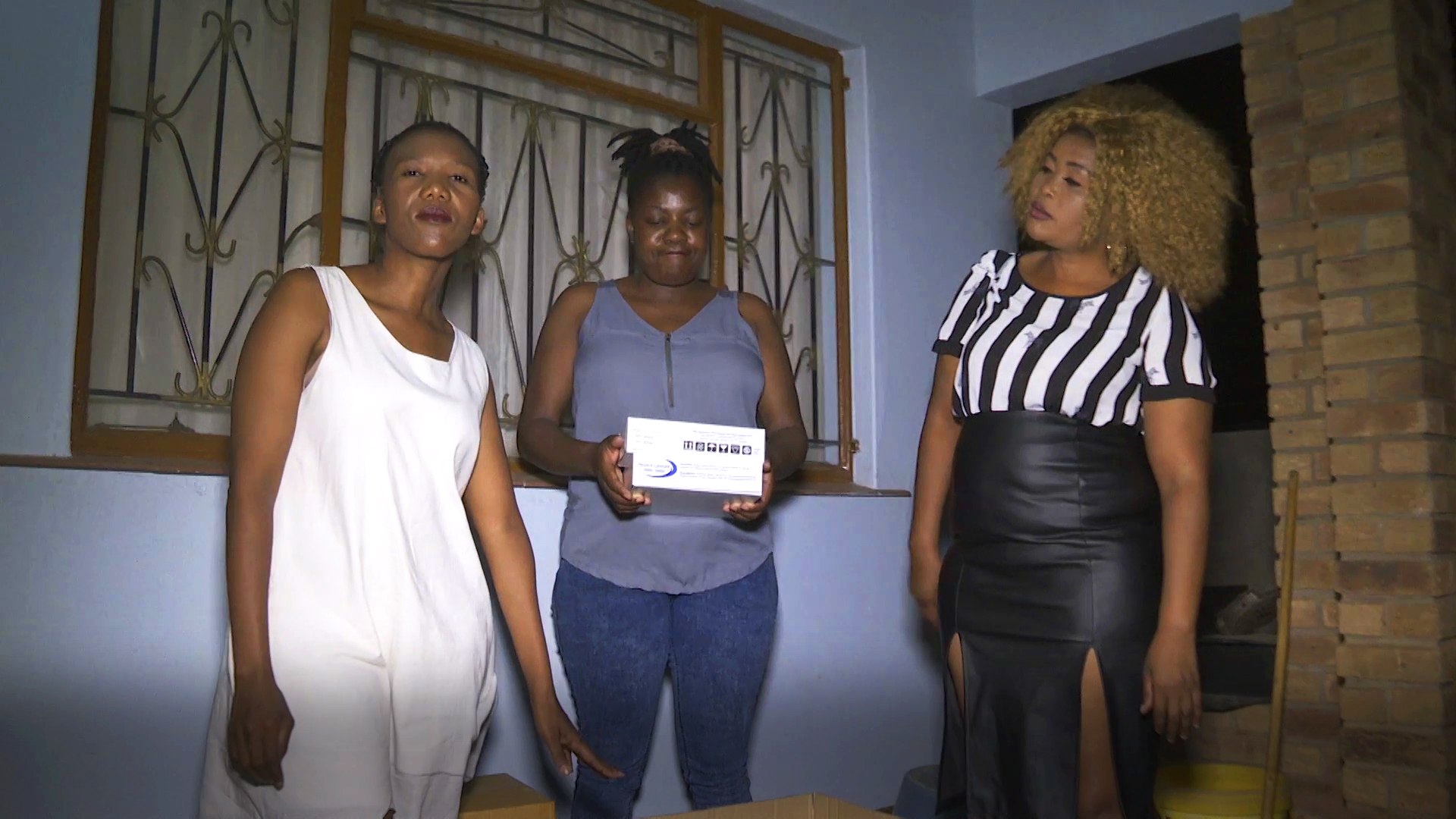
HIV patients in Botswana enjoy the hope of a ‘new dawn’

Botswana’s universal treatment program for people with HIV has long been considered a role model for governments and health ministries around the world. Since 2002 all citizens have been able to access anti-retroviral drugs — the most effective method for managing the disease — completely free of charge.
The effects of the program were dramatic. AIDS-related deaths plummeted to nearly a quarter of their once-staggering heights and the rate of new HIV infections fell sharply, too. The program was called masa, Setswana for ‘new dawn’. But there was one key group of patients that were excluded, left to wander in the dark of an untreated night. Foreign citizens had no access the life-prolonging medicine.
“Sex knows no boundaries,” Cindy Kelemi of the Botswana Network for Ethics, Law, and HIV/AIDS tells us in a sun-drenched Gaborone courtyard. “It doesn’t matter whether you are black, white, Motswana or not Motswana. Sexual relationships do happen, outside of what the borders are.”
For years, her organization pressured the government to make masa truly universal, allowing everyone in the country to take part. It did no good, advocates argued, to deliberately leave one subset of a population untreated when dealing with a deadly epidemic of a highly infectious disease.
Eventually, the authorities began to see the light. “We did realize,” says Ruth Maphorisa, Permanent Secretary of Botswana’s Health Ministry, “that we were not going to be able to deal with HIV/AIDS or achieve our target of elimination by 2030 if there is a section within the population that is not having access to antiretrovirals.”
In September of this year, a major policy shift meant that foreign residents of Botswana could finally enjoy access to the crucial drugs. And the country’s roughly 30,000 HIV-positive migrants could at last enjoy the hope of a new dawn.
Watch our special series on how Botswana’s people are tackling the country’s AIDS crisis.






